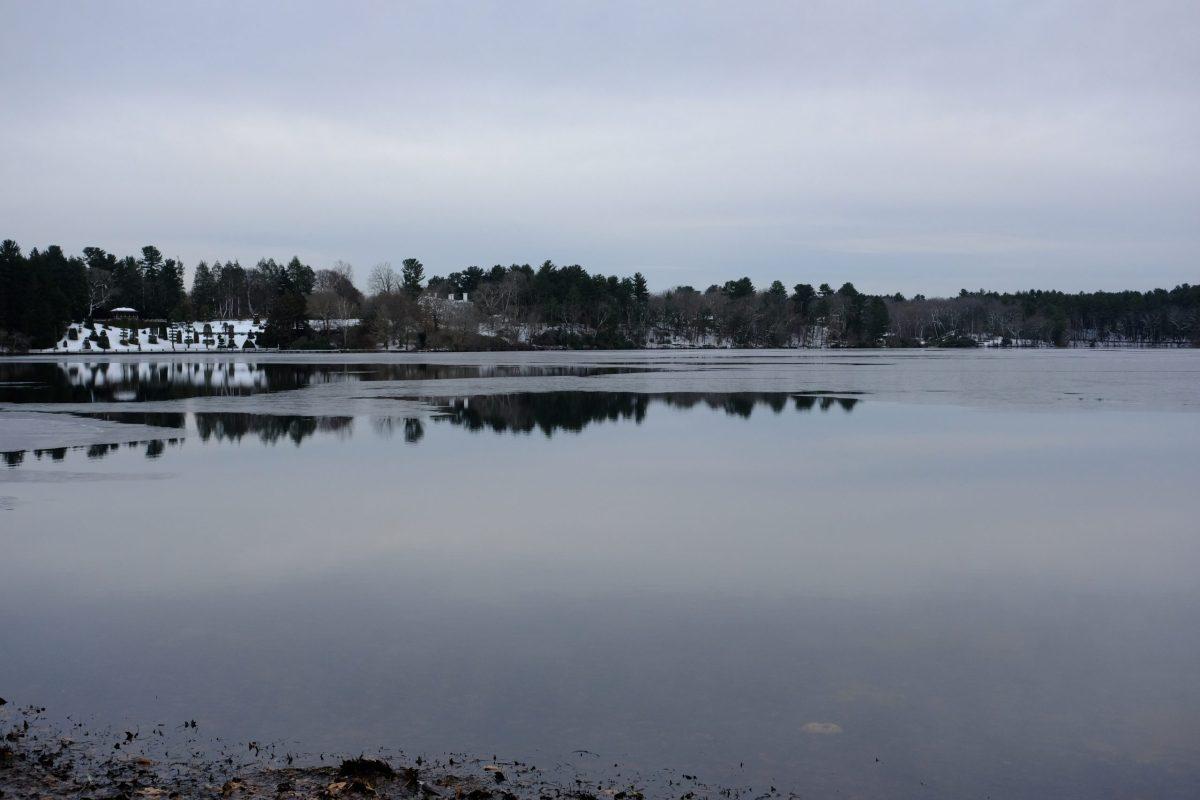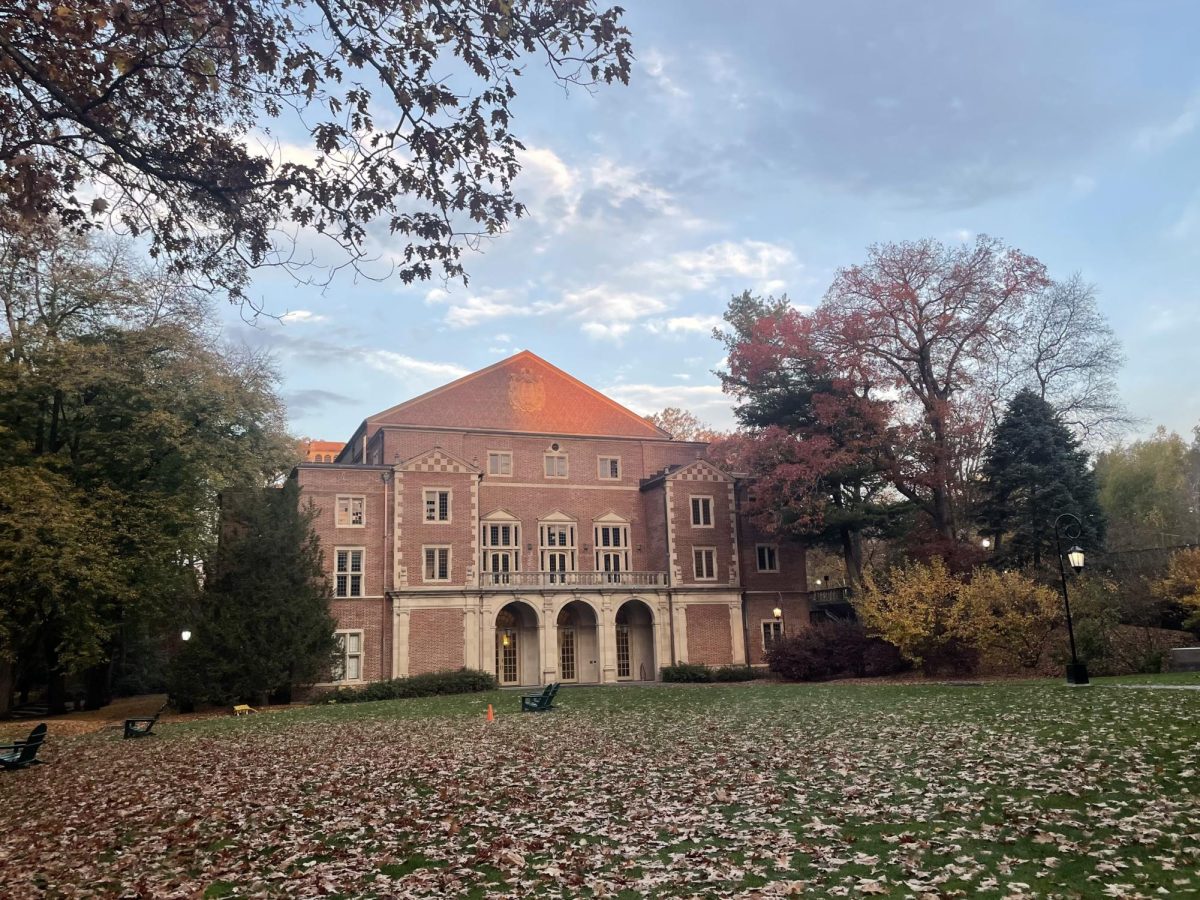Wellesley College found E.coli in an untreated groundwater sample from one of the College’s wells, according to an email sent to students and faculty on Friday evening.
The sample was found in Well #1, said Piper Orton, Vice President for Finance and Administration and Treasurer and Tyler Marcet, Director of Environmental Health and Safety.
It said this positive sample was found during their routine water quality check. The well is currently taken offline.
In August 2022, Wellesley College switched back to using water wells on campus after drawing water from the town of Wellesley while upgrading to their current water system. The College now has two Botany Wells east of Paramecium Pond, according to a 2023 report.
While the groundwater was contaminated, the statement went on to note that none of the water after treatment—in other words, the water delivered to taps—had contaminants.
The statement further emphasized that this is “NOT an emergency,” and the statement was only issued in accordance with the federal Ground Water Rule (GWR) requirements.
“You DO NOT need to boil water or take other corrective actions at this time,” the email stated.
The College will continue monitoring the water for contaminants. Students and faculty may be notified again if corrective action is deemed necessary.
This is not the first time E.coli and other contaminants have been found in the water at the College.
Earlier this year, an elevated lead test result was found in the Slater International Center, and the College received a notice of non-compliance after failing to notify residents in 30 days.
E.coli was also found in the school’s water in April 2016. The state Department of Environmental Protection then issued a boil water advisory for four buildings at the College. In August 2014, the town of Wellesley issued a two-day boil water advisory after E.coli was found in a campus water storage tank. In June 2013, three residents of the town fell ill after an outbreak of the bacteria.
The College released a statement on Wednesday reporting that the College’s water service line inventory concluded that “our water distribution system does not have any service lines made of Lead, Galvanized Requiring Replacement, or unknown materials.”
*Updated with college announcements on Oct. 16
Contact editors responsible for this story: Sazma Sarwar and Valida Pau




